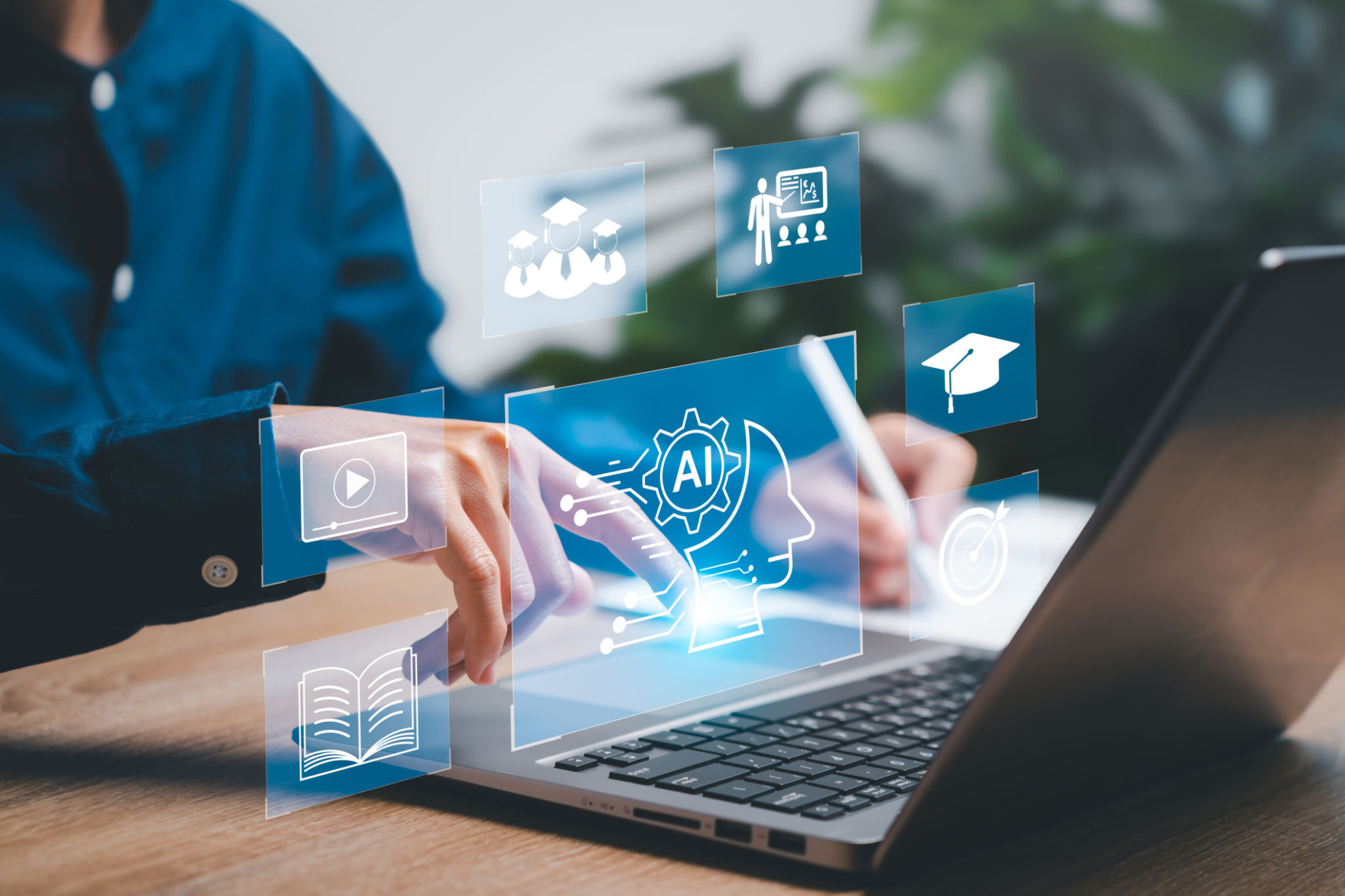The Future of Children's Education: How AI is Changing the Game
Introduction to AI in Education
The landscape of children's education is undergoing a revolutionary change, thanks to the integration of Artificial Intelligence (AI). This cutting-edge technology is paving the way for a more personalized, accessible, and efficient learning experience. As AI continues to evolve, it holds the promise of transforming how educators teach and how students learn.

Personalized Learning Experiences
One of the most significant impacts of AI in education is its ability to foster personalized learning. AI systems can analyze student data and adapt curricula to suit individual learning styles and paces. This customization ensures that each child receives the necessary support to excel academically. By targeting specific areas where a student struggles, AI can help bridge gaps in understanding and enhance overall educational outcomes.
Moreover, AI-driven platforms can provide real-time feedback, enabling students to learn from their mistakes and improve continuously. This instant feedback loop encourages a growth mindset, which is crucial for long-term educational success.
Enhanced Teaching Tools
Teachers are also benefiting from AI technology, as it provides them with powerful tools to enhance classroom instruction. AI can automate administrative tasks such as grading and attendance tracking, freeing up valuable time for educators to focus on teaching and engaging with students. Furthermore, AI can assist in creating dynamic lesson plans tailored to the diverse needs of a classroom.

With AI-powered analytics, teachers can gain insights into student performance and identify patterns that might not be apparent through traditional methods. This data-driven approach allows educators to make informed decisions about curriculum adjustments and intervention strategies.
Accessibility and Inclusion
AI is playing a pivotal role in making education more inclusive and accessible for all students. Technologies such as speech recognition and natural language processing are breaking down barriers for children with disabilities. For instance, AI can convert spoken words into text for students with hearing impairments or provide language translation for non-native speakers, ensuring they receive an equitable education.
Additionally, AI can support remote learning by creating virtual classrooms that connect students from different geographical locations. This accessibility opens up new opportunities for collaboration and cultural exchange, enriching the educational experience.

The Role of AI Tutors
AI tutors are emerging as a supplementary resource for students seeking extra help outside traditional classroom settings. These virtual tutors are available 24/7, providing guidance on various subjects and answering questions in real-time. This constant availability ensures that learning is not confined to school hours, allowing students to explore and understand concepts at their own pace.
AI tutors can adapt their teaching methods based on student progress, making them an invaluable tool for personalized education. As these systems become more sophisticated, they have the potential to rival human tutors in terms of effectiveness and accessibility.
Challenges and Considerations
Despite its many advantages, integrating AI into children's education is not without challenges. Concerns about data privacy and security must be addressed to protect sensitive student information. Additionally, ensuring that AI systems are free from biases is crucial to providing fair and equitable educational outcomes.
Educators and policymakers must work together to establish guidelines and standards that govern the ethical use of AI in schools. By doing so, they can harness the full potential of this technology while safeguarding the rights and well-being of students.
Conclusion
The future of children's education is undeniably intertwined with the advancements in AI technology. As it continues to evolve, AI promises to reshape the educational landscape by providing personalized learning experiences, enhancing teaching tools, and increasing accessibility for all students. While challenges remain, the potential benefits of AI in education are immense, marking an exciting new chapter in the journey of learning.
